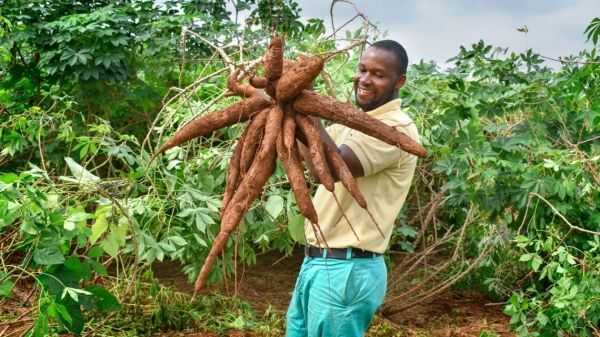Amir Behzadan’s new app uses photos of stop signs to determine the height of floodwaters.
articles
Researchers Help Inform Cassava Breeding Worldwide
Scientists in Cornell’s NextGen Cassava project have uncovered new details regarding cassava’s genetic architecture that may help breeders more easily pinpoint traits for one of Africa’s most vital crops.
Getting To The Root Of The Problem
Roots play a vital role in crop plants.
Land Use Change Leads to Increased Flooding in Indonesia
International team led by Göttingen University investigates effects on local water cycle
Species ‘Pushed Out Of The Tropics’ By Climate Change
The world’s tropical regions are home to the widest range of plants and animals, but research from The University of Queensland reveals that climate change is pushing species away, and fast.
More Than 750,000 People Under Evacuation Orders Across The U.S. Due To Extreme Weather
More than 385,000 residents in Texas and 200,000 in Louisiana have been told to evacuate ahead of Hurricane Laura, which strengthened to a Category 4 storm with “unsurvivable storm surge” before landfall, according to the National Hurricane Center.










